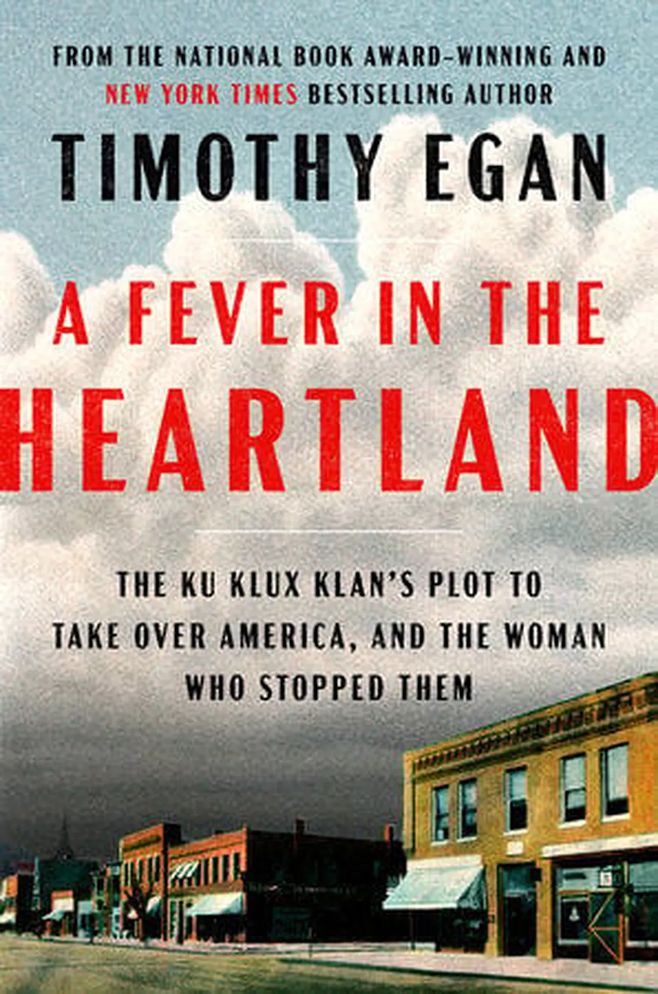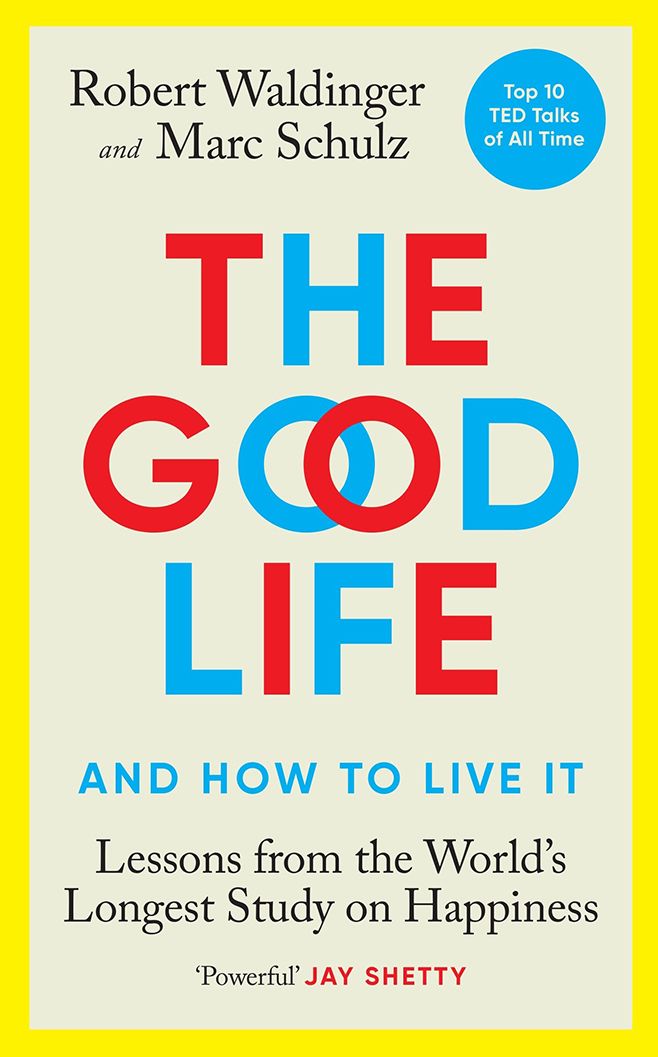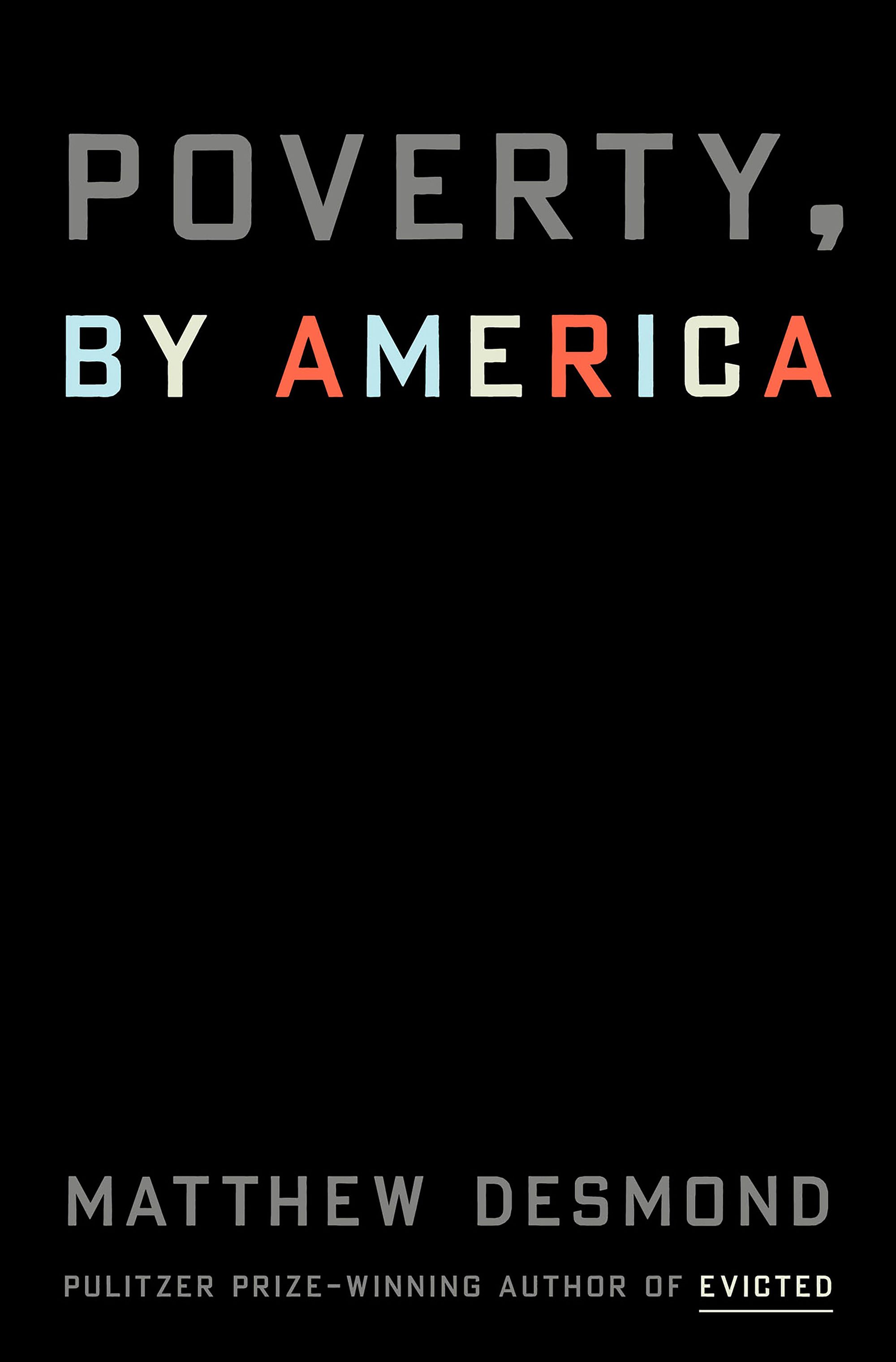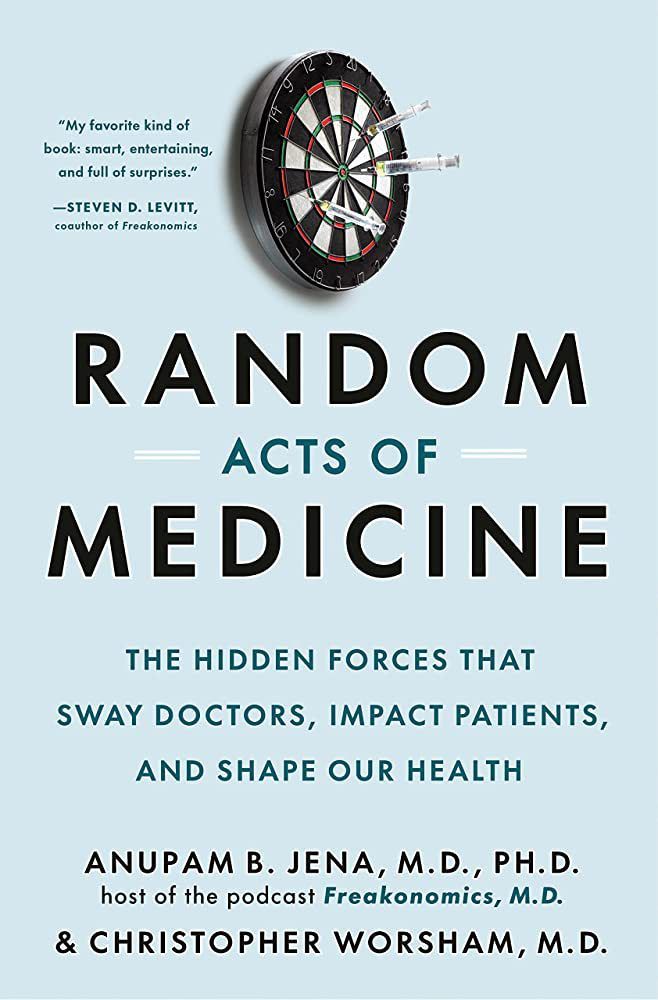Photo by Richa Sharma on Unsplash
I’ll admit it. I tend to like depressing and upsetting nonfiction. I once read so many books in a row involving some sort of abuse that I read nothing but cheerful romance novels for the next couple of months. My psyche needed a bit of a cleansing. To hopefully save you from sinking into despair after reading some of my recommendations for nonfiction, I decided to go half upsetting and half… well, not upsetting. (Cheerful may be a stretch.)

A Fever in the Heartland by Timothy Egan
The subtitle for this book really tells you all you need to know: The Ku Klux Klan's plot to take over America, and the woman who stopped them. Indiana in the 1920s was a hotbed for the Klan, and one man, Grand Dragon D.C. Stephenson, was driving them into power. He had politicians, judges, and ministers all proudly claiming membership in the Klan. It may come as no surprise that an avowed racist would also be a horrible person in other ways, and it was one action against a young woman named Madge Oberholtzer that would bring him down.
Much like a thriller, Egan will keep you turning the pages in horror that this story is true.

The Good Life by Robert Waldinger, MD and Marc Schultz, PhD
If you have read any books about happiness, you’ve probably heard of the Harvard Study of Adult Development, the longest running study on happiness ever conducted. I’ll let you in on a secret: the most important element to happiness is having healthy relationships with others. While The Good Life may not contain anything earth shattering for the socially adept, I found reviews of the book compelling. Many people stated they were not surprised that relationships were the most significant factor in happiness. Still, when they did make more of an effort to interact with people, they could see and feel the effects of that effort. So, maybe we just need this book as a reminder to go ahead and talk to the person in front of us in the check-out line at the grocery store.

Poverty by America by Matthew Desmond
You may be familiar with Matthew Desmond’s work. He won the Pulitzer Prize in 2017 for his book Evicted. Desmond is a Harvard Professor and the co-director of the Justice and Poverty Project. Very few people have studied poverty in America as thoroughly as Matthew Desmond. In this book, Desmond discusses how poverty benefits more affluent Americans and how we have designed policies to subsidize the wealthy rather than help alleviate poverty. While I’ll admit this former member of the Harvard Society of Fellows talking about abject poverty gives me a bit of cognitive dissonance, his call on us all to become poverty abolitionists is both uncomfortable for me as a middle-class woman, and inspiring.

Random Acts of Medicine by Anupam B. Jena, MD PhD and Christopher Worsham, MD
In Random Acts of Medicine, Jena and Worsham use naturally occurring test subjects to show how random events can affect the level of medical care a person receives. Some questions addressed include: Why do kids born during the summer get diagnosed with ADHD more frequently? Is there a good time to have a heart attack? How can a marathon in your town affect your health even if you’re not running in it? All these questions (and more) are explored in this book. While this title may not be depressing, the idea that your chances of getting good care come down to happenstance is alarming.
If you enjoy nonfiction titles you may also enjoy:
- Young and Restless by Mattie Kahn
- The Once and Future Sex by Eleanor Janega
- American Whitelash by Wesley Lowery
Sarah Johnson is a collection librarian at Mid-Columbia Libraries. She reads more than 120 books a year. In her free time, she teaches fitness classes, gardens, and brews kombucha.


